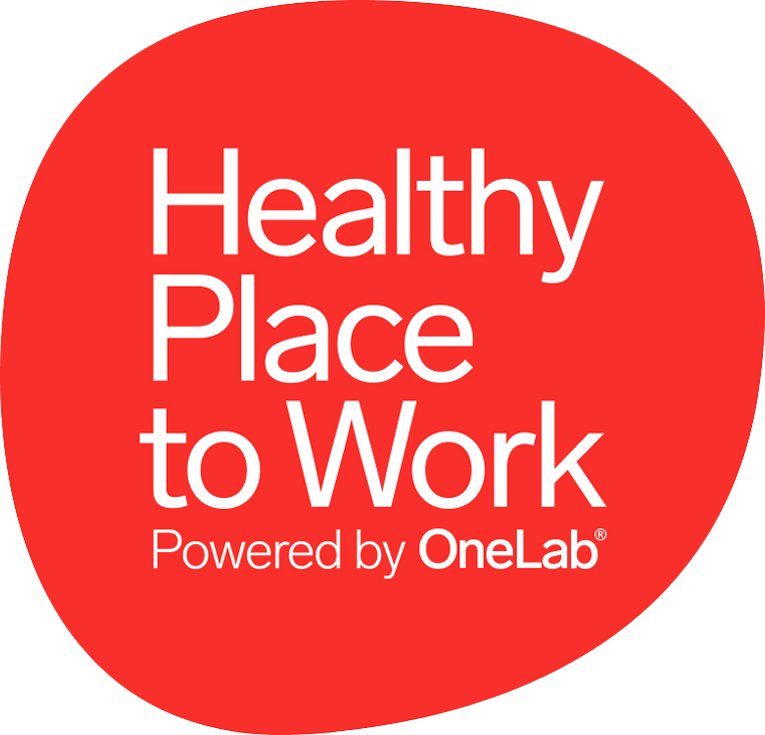Will AI be a game-changer in HR Hire within IT recruitment?


Will AI be a game-changer in HR Hire within IT recruitment?
The world of technology is advancing at an unprecedented rate, reshaping industries, and redefining business strategies. Join us as we explore the potential benefits, challenges, and ethical implications associated with adopting AI-based recruitment methods.AI and HR practices
In this age of automation and artificial intelligence (AI), companies are constantly seeking innovative ways to stay ahead of the curve. As the competitive landscape evolves, every decision a company makes can either be a stepping stone or a stumbling block toward success.
With its advanced algorithms and data-driven decision-making capabilities, AI can greatly enhance the efficiency and effectiveness of HR practices. One notable way AI can transform the hiring process is through its ability to analyze vast amounts of candidate data. AI algorithms can efficiently screen and evaluate resumes, identify the most suitable candidates for a position, and even predict their potential performance based on their skills, experience, and qualifications. This saves HR professionals significant time and effort, allowing them to focus on more strategic tasks.
Objective evaluation
Furthermore, AI-powered pre-employment assessments can effectively assess technical skills and aptitude. By simulating real-life scenarios, AI algorithms can evaluate candidates’ problem-solving abilities, coding skills, and other technical competencies. This objective evaluation process removes the bias that might be present in traditional recruitment methods, resulting in fairer and more accurate hiring decisions.
Another critical aspect where AI can be a game-changer is in reducing the chances of biased decision-making during recruitment. Unconscious biases often influence hiring decisions, leading to a lack of diversity within organizations. AI, on the other hand, follows predefined criteria and does not possess any prejudices, ensuring that every candidate is evaluated fairly based on their merits and qualifications.
But adopting AI-based recruitment brings with it numerous challenges and ethical implications. There are certain concerns that need to be addressed to ensure fairness, and transparency, and prevent bias.
One major challenge is the potential for algorithmic bias. AI systems are trained on historical data, which can contain inherent bias, reflecting patterns and prejudices from the past. If not carefully monitored and corrected, these biases can perpetuate discriminatory hiring practices, disadvantaging certain groups based on gender, race, or other protected characteristics. Ethical implications arise when AI-based recruitment systems reinforce or amplify these biases, leading to unfair outcomes and perpetuating discrimination.
Transparency and Privacy
Transparency is another significant concern. The complexity of AI algorithms often makes it difficult to understand how decisions are made. This lack of transparency can erode trust in the recruitment process and raise questions about accountability. Applicants and hiring managers may question whether decisions are based on valid and relevant criteria, or if they are determined by opaque and potentially discriminatory factors embedded within the AI systems.
Privacy is yet another issue to consider. AI-based recruitment often relies on extensive data collection and analysis, including personal and sensitive information about applicants. Organizations must handle this data responsibly and ensure compliance with privacy regulations. There is a risk that AI systems may use personal data in ways that violate privacy norms or expose individuals to unnecessary risks.
Additionally, there is concern about the impact of AI on employment prospects. Automated recruitment systems may inadvertently overlook qualified candidates who do not conform to the patterns in the training data. This can lead to a lack of diversity in hiring practices, limiting opportunities for individuals who possess valuable skills and perspectives but fall outside the expected norms.
Proactive measures
Addressing these challenges and ethical implications requires proactive measures. Regular auditing and testing of AI systems can help identify and correct biases. Transparency should be promoted through the provision of clear explanations about how AI-based decisions are reached. Organizations should also prioritize privacy protection and ensure compliance with relevant regulations. Finally, human oversight is crucial in the recruitment process to mitigate the limitations and biases of AI systems and ensure that they are used as tools to support, rather than replace, human judgment.
In conclusion, while AI-based recruitment offers promising advantages, organizations must be aware of and address its challenges and ethical implications. By doing so, they can harness the potential of AI while upholding fairness, transparency, and diversity in recruitment processes. Using AI in HR hire within IT recruitment can provide various benefits, however, not using AI may not be critically detrimental.



